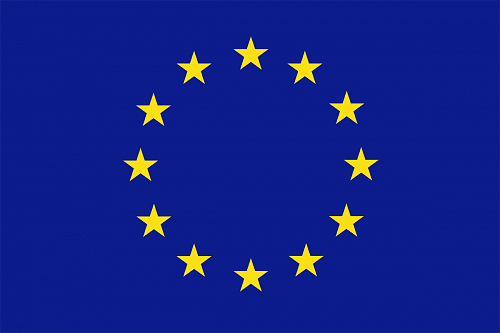Kation Scientific was founded in 1996 by Denes Budai, Ph.D. in Novato, California as a sole proprietorship. Our operation has since moved to the Minneapolis/St. Paul region of Minnesota where it was transformed into a limited liability company (LLC) in 2012.
Most of our products are based on Denes’ innovative ideas in the field of extracellular recording and microiontophoresis or of neurobiology in general. Also, we are open to ideas from our customers. Custom modifications of our products are daily routine in our manufacturing activity.
In 2004, we set up a European distributor; the Kation Europa Bt. located in Hungary. This simplifies ordering procedures and speeds up deliveries with no custom procedures or value added tax (VAT) in countries of the European Union. Prices and quality are the same as they are in the US with significantly less shipping fee. Neighboring or other old world countries are also served from here with no extra charge.
Since its foundation Kation Scientific has grown into a solid, dependable small business with healthy sales figures. We greatly appreciate our customers’ business!
European grant

Within the framework of the Horizon 2020 initiative of the European Union’s Small and Medium Enterprises (SME) section, our European operation, the Kation Europa Bt., has been awarded with the Phase 1 of the relevant grant system in 2014. We have completed this job by now and our goals and results are abstracted below:
Project leader: Kation Europe Lp.
Project title: Carbon fiber bi-polar microelectrodes for human brain research and clinical applications
Summary of the action context and objectives
The Kation Europe Lp. manufactures and sells carbon fiber microelectrodes (CFMs) for neuroscientists that are used to record electrophysiological or electrochemical signals from or to pass stimulatory currents into the brain of experimental animals. Now, we aim to further develop our CFMs to enter the high volume human healthcare market. During Phase 1 of this grant proposal, a detailed feasibility study has been worked out in order to validate the particulars of manufacturing these novel microelectrodes which will open up new possibilities in exploratory microelectrode recordings customary prior the implementation of deep brain stimulation macroelectrodes in relevant human neurosurgical procedures. We have also specified ways and means to elevate the current technological readiness level (TRL 6) to industrial readiness and identified how to prepare for the first business period. In Phase 1, we have modeled the innovation of the project the Phase2 project as well as the first business period related to our developments, potential market channels, applied business models, pricing, utilizations and risks.
Work performed during the reporting period and main results achieved so far
The study consists of 5 main chapters describing our achievements:
Technical viability study: Our planned products and resolutions have been compared to other existing solutions on the market with significant improvements. Possible technical procedures were investigated and the most suitable solution was chosen with respect to the aimed technology readiness level.
Intellectual property right (IPR) evaluations:
Prior art and freedom to operate searches have been carried out in order to establish our IPR claims and also to avoid conflict of interest with third parties. All results proved to be favorable to our solutions; they are patentable and no infringements found with others.
Clinical research and CE marking:
A detailed clinical trial project plan requirements analysis has been compiled in order to execute prudent clinical trials during Phase 2 and to achieve CE mark.
Phase 2 project plan:
Based on the feasibility and technical viability checks, a professional detailed project plan has been established utilizing international professional methods. We used agile project planning method. A 1.930 thousand EUR project was developed with the aim of developing TRL9 CFMs and obtaining CE marking.
Market research and business plan:
Primary and secondary market research have been conducted in support of our business model calculations. Our elaborated business plan has been compiled in harmony with results of the primary market research and the freedom-to-operate analyses.
Expected final results and their potential impact and use (including the socio-economic impact and the wider societal implications of the action so far)
Results of our efforts during Phase 1 fully support our initial ideas in regard to develop and market a novel carbon fiber microelectrode for human clinical purposes. Upon successful completion of the remaining phases, neurosurgeons will have a groundbreaking new tool to improve implementation of deep brain stimulation electrodes and to gather diagnostic data from deep brain structures in one. Given the ever growing neurosurgical procedures and medical indications of this type, our new solutions may improve quality of life for tens of thousands of neurological patients every year worldwide with lesser collateral damage and new potential ways for further diagnostic innovations in the human brain.

Denes Budai, Ph.D., founder and executive manager See Denes’ scholarly achievements at ResearchGate or his resume at LinkedIn | denes@kationscientific.com |
Katalin Kovacs, Ph.D., general manager | katika@kationscientific.com |
Andras Szabo, Ph.D., business consultant | andras@kationscientific.com |
Zsolt Molnar, Ph.D., senior science officer | zsolt@kationscientific.com |
Company seal:

